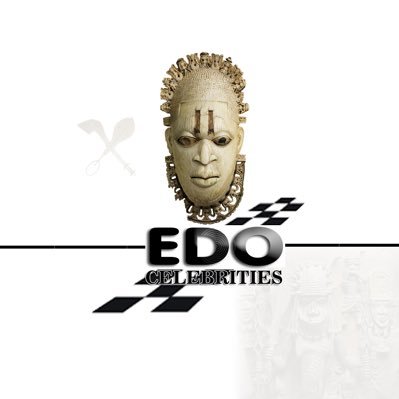ONICHA OLONA, DELTA STATE — The Crown Prince of Onicha Olona, His Royal Highness Prince Ephraim Odiakosa Nwabuokei, has reaffirmed the deep historical and ancestral connections linking the Benin, Igala, and Anioma peoples, describing them as communities united by shared heritage, migration, and cultural evolution.
Prince Nwabuokei made this known during a recent meeting with Ambassador Dr. Ayegba Abdullahi Adojoh, the Official Historian of the Igala Kingdom and Ambassador of the Attah Igala, where discussions centered on the intertwined origins of southern Nigeria’s traditional societies.
Tracing the Roots of a Shared Civilization
According to the Crown Prince, archaeological and oral evidence point to Onicha Olona’s early settlement during the Ogiso era of the ancient Idu/Igodomigodo (Benin) Kingdom, long before the rise of modern ethnic identities.
He referenced archaeological findings in the community, including an ancient pot discovered between the late 1970s and early 1980s, which supports the existence of early Benin-linked settlements in the region.
Prince Nwabuokei explained that many post-Ogiso inhabitants of Onicha Olona were descendants of Oba Ewuare I, The Great, and his warriors — strategically positioned in the area to secure borders and maintain peace amid incursions from both the Igbo and Igala territories.
Royal Lineage and Cultural Continuity
Revealing details of his ancestry, the Crown Prince stated that his royal lineage descends from the second branch of Oba Esigie and Queen Elaba, while the first branch produced the current royal line of the Oba of Benin.
He emphasized that this lineage reinforces Onicha Olona’s historical connection to the ancient Benin throne and the broader cultural influence of the Edo civilization across present-day Delta and Kogi States.
The Idu Olu Festival: Celebrating Shared Histories
Highlighting his community’s living traditions, Prince Nwabuokei said the annual Idu Olu na Igbo Festival — also known simply as the Idu Olu Festival — commemorates the historical conflicts and alliances among the Idu (Benin), Olu (Igala), and Igbo peoples.
He noted that the celebration serves as a reminder of the unity and mutual respect that once characterized inter-kingdom relations in the pre-colonial era.
The Crown Prince also observed that Onitsha (Onicha Ado N’Idu) comprises nine traditional quarters — four of Benin origin, three of Igala, and two of Igbo — symbolizing a remarkable fusion of ancestries that underscores the dominant Benin and Igala heritage in the area.
Anioma’s Four Ancestral Roots
Speaking further, Prince Nwabuokei explained that the Anioma region lies within the territory of ancient Igodomigodo, with its communities tracing ancestry to four major groups — Idu (Benin), Igala, Igbo, and Olukumi (Yoruba).
Despite the influence of colonial languages such as English and the growing use of Igbo, he maintained that Benin heritage remains the most dominant cultural influence in Anioma identity.
Call for Unity and Historical Preservation
Prince Nwabuokei commended Ambassador Adojoh for his scholarly work and commitment to preserving authentic historical narratives about Nigeria’s ancient civilizations.
He prayed for the Oba of Benin, the Attah Igala, and traditional rulers across the Anioma region, urging renewed unity, peace, and cultural pride among Nigeria’s diverse ethnic groups.
“Our histories are not divided — they are braided together by time, migration, and shared destiny,” the Crown Prince said.
“We must continue to honor these ties with truth, respect, and the spirit of brotherhood.”
Enduring Benin–Igala Relations
Prince Nwabuokei concluded by reaffirming the historic relationship between the Benin and Igala kingdoms, noting that while both civilizations have had moments of conflict, they have continued to uphold traditions of diplomacy, trade, and cultural exchange.
“The story of Benin, Igala, and Anioma is one of resilience and shared greatness. We are one people connected by history,” he said.


Leave a Reply